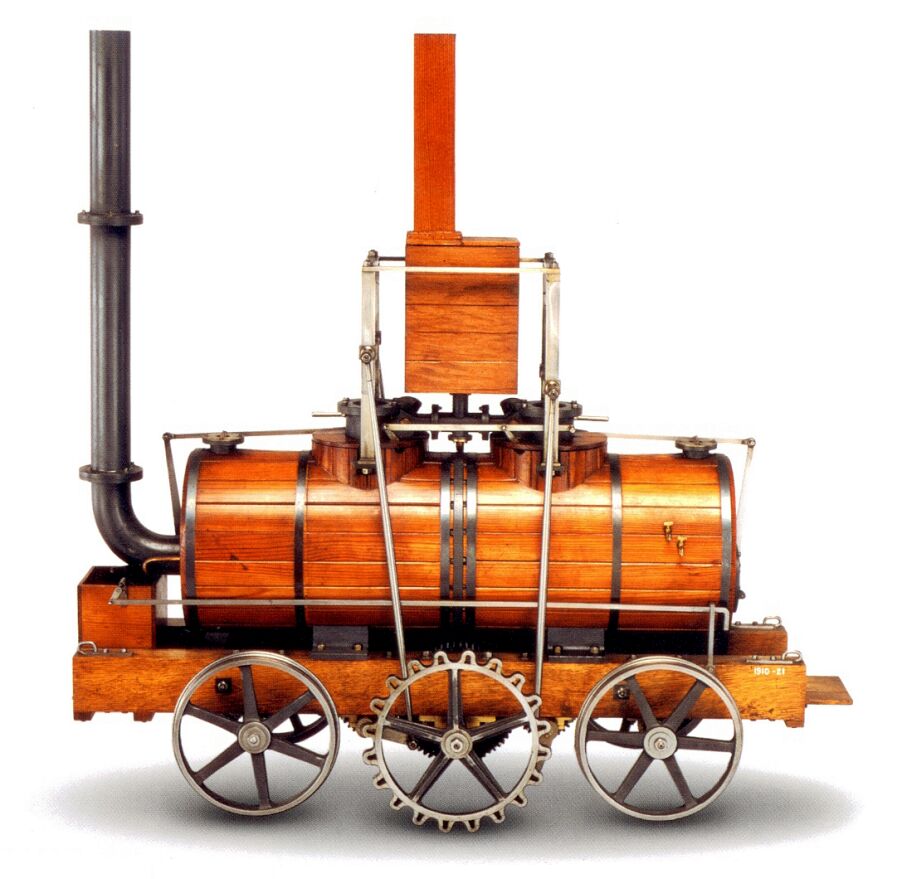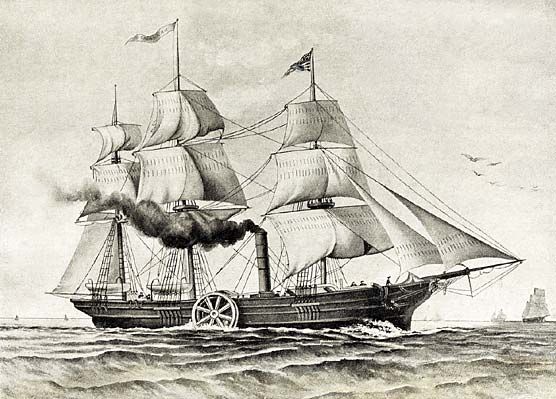While industrialization profoundly transformed English society, it also left its mark on the economy. Innovations such as economic liberalism, capitalism and the transformation of means of transport revolutionized the economy in depth.
Like many other Enlightenment thinkers of the 18th century, Adam Smith proposed a different way of looking at the world. This great thinker is best known for his ideas on economics. The economic liberalism that Adam Smith developed brought with it completely new ideas, such as the defense of private enterprise and the reduction of constraints (taxes or laws) imposed by the state on individuals and businesses. The recognition of individual rights is also fundamental to his economic philosophy. In short, the individual and private enterprise should not be restricted economically by governments.

Source : Everett Collection, Shutterstock.com

Since their emergence in the Middle Ages, the bourgeoisie have always found new ways to make money. With industrialization, these people invested massively in factories, enabling them to get rich very quickly by accumulating capital. It is the constant search for and accumulation of this new form of wealth, capital, that lies at the heart of capitalism.
Capital is the sum total of wealth held by an individual. This wealth represents the value of all a person's money and material assets. These can be buildings (factories, shops, etc.) or manufactured goods (clothing, furniture, tools, etc.).
In the capitalist system, the goal is to accumulate capital and reinvest it to produce more.
To accumulate even more capital, entrepreneurs invent various ways of increasing their profits. Reducing workers' wages and increasing the selling price of products are just two examples. Entrepreneurs also set up modern banks and stock exchanges to give themselves the financial means to invest in extremely expensive industries.

Factories enable the rapid mass production of products that previously took much longer to manufacture. The world of transportation has adapted to these changes. The locomotive and the steamship made it possible to move goods or heavy raw materials in very large quantities. What's more, the fact that these means of transport can travel unaffected by wind or poor roads is an invaluable advantage.
Finally, Britain's industrialization changed the way we think about the economy, with economic liberalism and capitalism. In addition, transport technologies made it possible to move workers, natural resources and goods without difficulty, ensuring Britain's place as a global economic power.
